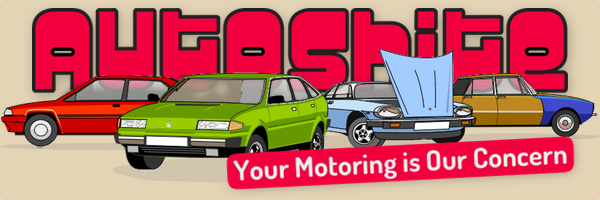Truck Shite
-
Similar Content
-
- 88 replies
- 21,931 views
-
Snow shite?
By yes oui si,
- 26 replies
- 4,565 views
-
Abandoned shite 1 2
By JJ0063,
- 59 replies
- 11,282 views
-
- 134 replies
- 21,428 views
-
- 78 replies
- 12,921 views
-




Recommended Posts
Create an account or sign in to comment
You need to be a member in order to leave a comment
Create an account
Sign up for a new account in our community. It's easy!
Register a new accountSign in
Already have an account? Sign in here.
Sign In Now